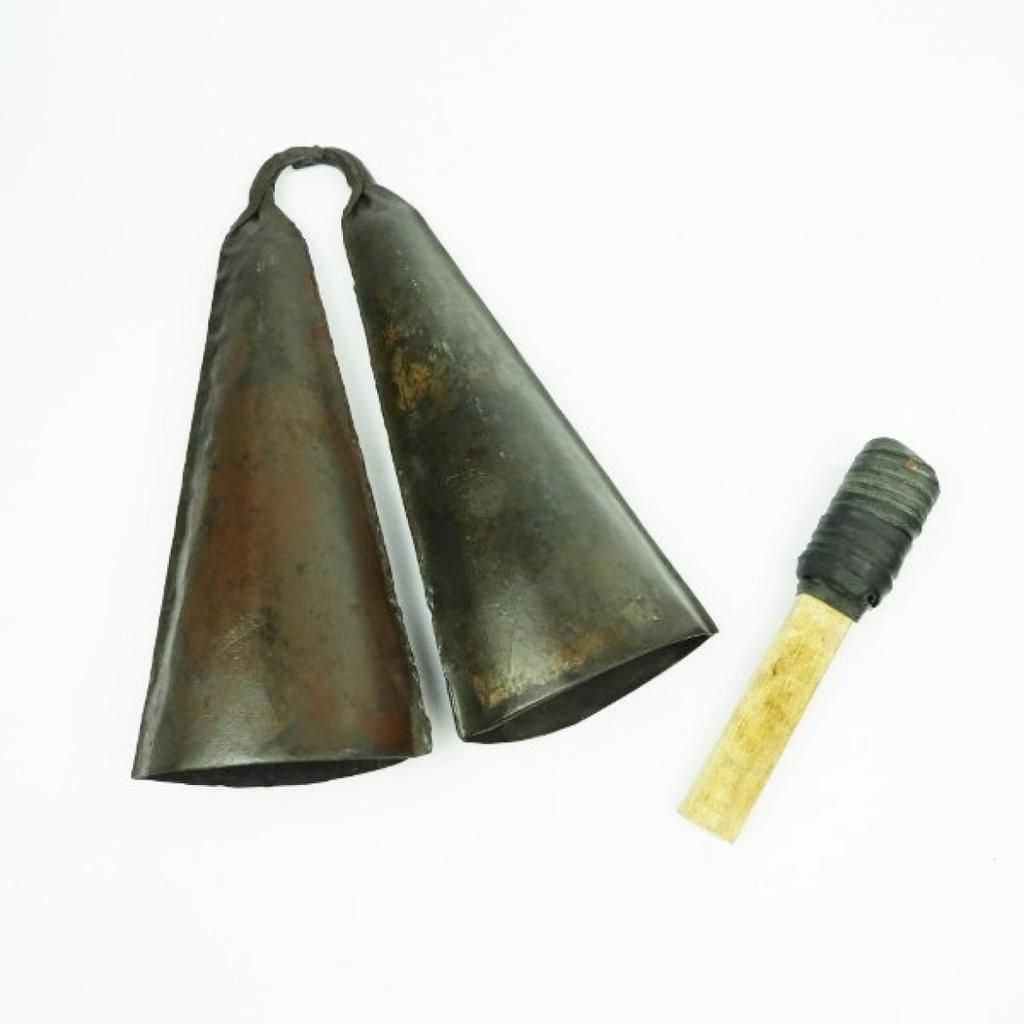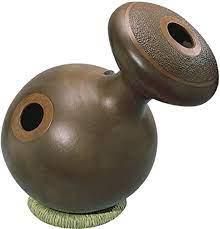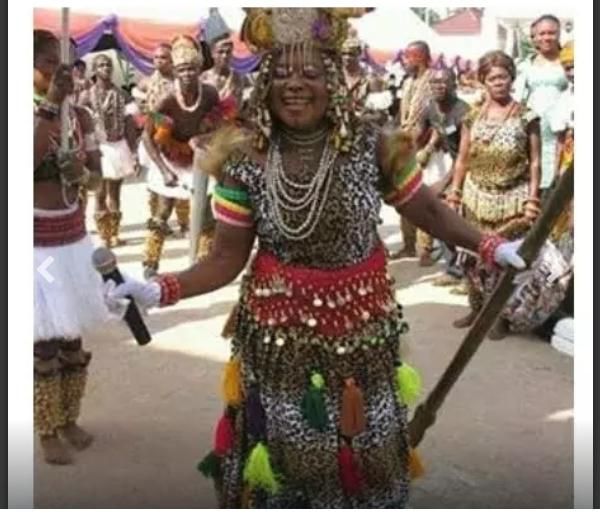Here is why Larry Gaaga's 'Egedege' is trending [Pulse Editor's Explainer]
)
On Friday, October 22, 2021, Nigerian producer, A&R and label Executive, Larry Gaaga released a video for 'Egedege' featuring Phyno, Flavour, Theresa Onuorah and Pete Edochie. Since getting published on Pulse, the story has been trending in the music section, so we decided to do a little digging.
In his epilogue, legendary actor, Pete Edochie is seen speaking in Igbo about Theresa Onuorah and 'Egedege.' He roughly referred to Onuorah as "He who makes Egedege music" amongst other things.
What is Egedege music?
Highlife music is very synonymous with South Eastern or Igbo culture. Like any African brand of dance or pop music, Highlife is defined by percussion: it combines reverberating bass drums with drumsticks, pot drums and other instruments, with guitars (electronic, bass and acoustic) as base elements, to form a infectious midtempo sound.
While Highlife also has a Ghanaian father, Nigerian Highlife is heavily influenced by traditional Igbo music, by way of percussion, sonics and chord progression. It is then tailored to soundtrack all forms of life. For this reason, a lot of people tend to pigeonhole all genres of music, emanating from the South East, into the 'Highlife conversation' when they're not.
While these other genres share striking similarities with Highlife, they're not all Highlife. It's just like when historians lazily pigeonhole South Western genres of music, like Fuji, Juju, Apala, Sakara, Bata and more into the 'Folk' conversation. Although there is a baseline identity that validates the 'folk' description, all these genres have unique identifiers.
In the South East, some of these traditional genres are Ekpili, Bongo, and more importantly for this conversation, Egedege. While there is a baseline percussive identifier to all these sounds, due to certain uniform drums that they share, each of those genres are defined by particular instruments.

For example, Ogene is named after the Ogene gong. Ekpili is based upon bass drums, Igbo rattle, Ekwe and the Pot drums. Other genres are derived from the Udu, Slit drums, Igba or the Iroko drum.
As much as Egedege is a genre, it is also a classic imperial dance, characterized by colors, the Oja flute, Emenke horn and drums. The dance also involves elaborate, beautiful and strenuous leg routines.


As a genre, Egedege shares the Pot Drum similarity with Ekpili. As is peculiar to the dance, the Egedege sound also uses Oja flute, Emenke horn, Udu, Egede drum, slit drum and more to produce a dense sound.
While the sound on Larry Gaaga’s ‘Egedege’ is Egedege, the soundtrack to Pete Edochie’s prologue represents the raw Egedege essence. To the average South Westerner, he might associate the sound with a traditional festival.
At the forefront of Egegege is Theresa Onuorah. A native of Unubi, Nnewi South, Anambra State, the ‘queen of the coast’ was born in 1964. While her Egedege is represented in her sound and dance, she also uses the ogene gong.

She is also known for the highly beautiful face paintings, her amiable smile and the dance routines that comes with watching her troupe perform Egedege.
In the 80s and the 90s, she was quite popular in Nigeria.
For this reason, Larry Gaaga’s ‘Egedege’ seems like nostalgia ultra for any lover of South Eastern/Igbo genres of music. More importantly, the record is amazing.
Shout-out to Masterkraft who produced the record as well.
What does it mean for Yoruba sounds?
Some weeks ago, this writer did a facts only episode about the state of Fuji music. You can watch it below;
Due to globalization and the synergy between Lagos - as a Southwestern state - and Yoruba culture, contemporary Nigerian pop music has co-opted traditional genres like Fuji, Juju, Apala and more. Younger Yoruba people and aspiring artists are thus more interested in Afro-pop than those genres.
Yoruba people might need their version of Phyno, Flavour, Masterkraft, Larry Gaaga and Zorro to headline and preserve traditional Yoruba pop sounds in mainstream/contemporary pop culture. Larry Gaaga, Flavour, Phyno and Zorro have been invaluable to the preservation for classic Igbo culture in mainstream culture.

)
)
)
)

)
)
)
)
)
)
)
)
)